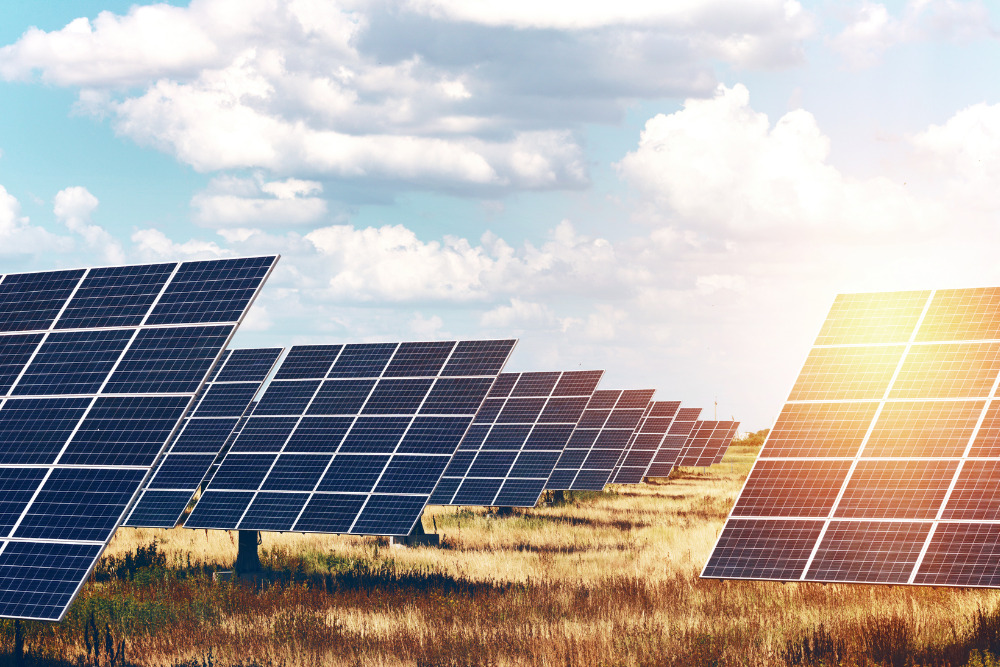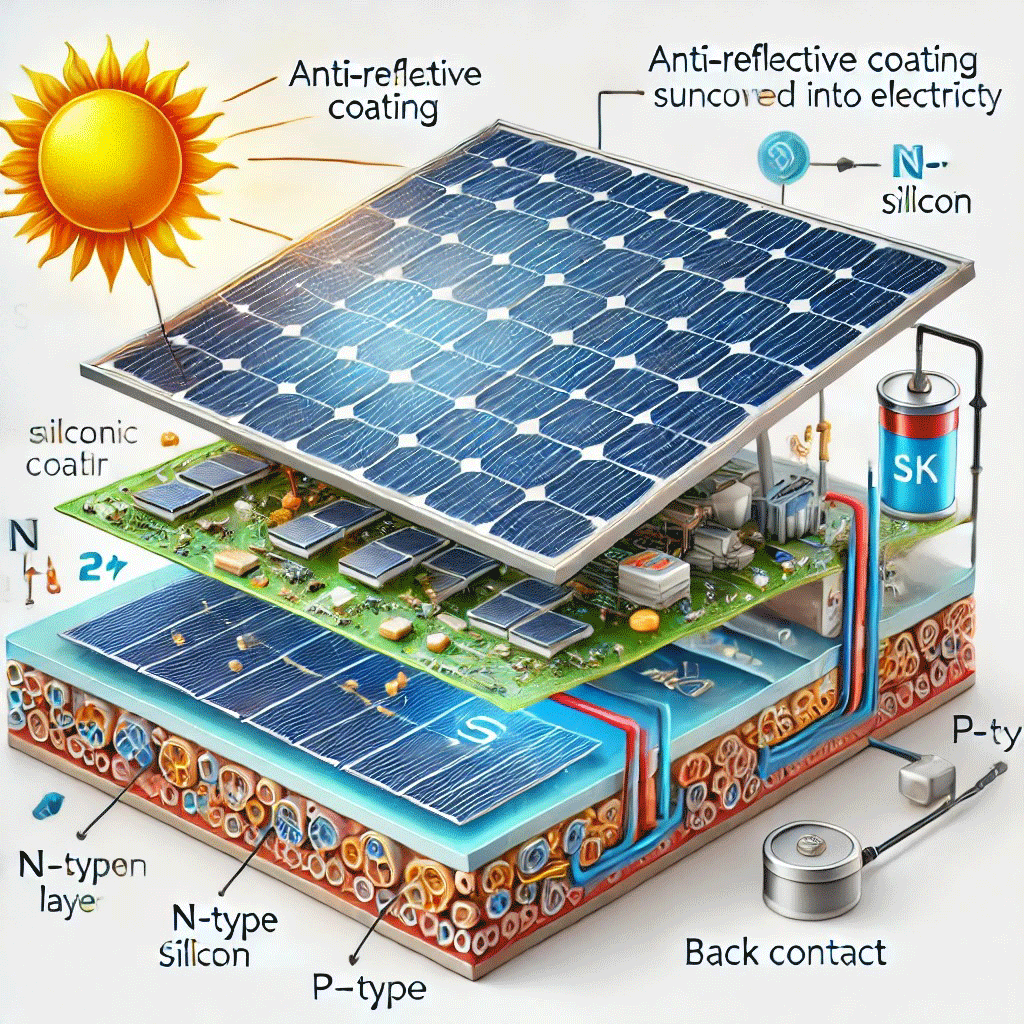How Solar Energy Can Assist You Conserve Cash and Minimize Your Carbon Impact
The integration of solar power right into your energy profile presents an engaging possibility for both monetary cost savings and ecological stewardship. As various government incentives become available, the question emerges: just how can one efficiently navigate the preliminary investments and ongoing benefits of solar modern technology to take full advantage of both economic and environmental gains?
Recognizing Solar Power Cost Savings
While the shift to solar power frequently entails an initial investment, comprehending solar power savings is critical for home owners and businesses alike. Solar energy systems can dramatically decrease electrical energy bills by harnessing the sunlight's power, equating right into significant long-lasting monetary benefits.
Additionally, solar power systems might get approved for various monetary rewards, including tax debts and rebates, even more improving their cost-effectiveness. The accessibility of net metering allows users to offer excess energy back to the grid, producing an additional income stream. These elements contribute to the general savings related to solar energy.

In addition to direct financial cost savings, solar power supplies the added benefit of raising residential or commercial property value. Residences outfitted with photovoltaic panels are frequently more attractive to purchasers, as they promise reduced energy costs - Simply Solar Illinois. Comprehending these components is essential for anyone thinking about solar power, as it highlights not simply the potential financial gains, yet likewise the broader environmental and economic benefits of taking on renewable resource options
Initial Expenses vs. Long-Term Conveniences
When reviewing solar power, it is essential to weigh the preliminary costs against the lasting benefits. The in advance investment for photovoltaic panels, installment, and relevant devices can be significant, commonly ranging from $15,000 to $30,000, relying on the system dimension and home power needs. This initial expense might discourage some home owners; however, it is critical to think about the potential cost savings gradually.
As soon as mounted, solar power systems can significantly reduce or also get rid of regular monthly electricity costs, resulting in significant long-lasting economic benefits. Research studies show that homeowners can conserve anywhere from $10,000 to $30,000 over the lifespan of their solar system, generally 25 years. In addition, many states use incentives, tax debts, and refunds that can counter initial prices, making solar more obtainable.

Reducing Your Carbon Impact
Minimizing your carbon footprint is a critical consideration in today's eco aware culture, and adopting solar power is just one of one of the most reliable approaches to accomplish this goal. Solar power is a clean, renewable energy that considerably diminishes dependence on fossil gas, which are major contributors to greenhouse gas emissions.

Additionally, the prevalent adoption of solar modern technology motivates the advancement of green tasks and sustains developments in energy storage space and efficiency. The even more individuals and companies buy solar power, the better the collective reduction in carbon exhausts, promoting a cleaner ambience for future generations.
Government Rewards and Discounts
Adopting solar energy not only profits the environment however can additionally visit this site right here result in substantial financial cost savings, especially with the accessibility of federal government motivations and rebates. Different federal, state, and visit site regional programs are designed to encourage house owners and businesses to invest in solar power systems, making the change extra inexpensive.
Among one of the most prominent incentives is the Federal Investment Tax Credit Scores (ITC), which permits planetary system owners to deduct a substantial portion of the setup prices from their government tax obligations. This incentive has been critical in decreasing the in advance expenditures connected with solar power systems. Additionally, many states offer their own tax credit scores, gives, and discounts that can better boost cost savings.
Moreover, some city governments supply real estate tax exceptions for solar installments, making certain that home owners do not deal with boosted real estate tax as a result of their renewable resource financial investments. Energy firms might likewise offer incentives, consisting of web metering and feed-in tariffs, which permit solar power individuals to sell excess power back to the grid.
Choosing the Right Planetary System
Selecting the appropriate solar system is vital for maximizing power effectiveness and monetary advantages. The decision pivots on a number of factors, consisting of energy requirements, budget plan, and offered space. Property owners should start by evaluating their electrical energy usage to determine the system dimension required for ideal performance.
Following, take into consideration the different kinds of solar innovations available. Simply Solar Illinois. Solar (PV) panels are one of the most typical, converting visit this web-site sunlight straight into electrical energy, while solar thermal systems focus on home heating water. Each type has unique advantages relying on private needs
Budget plan factors to consider are also vital. Initial setup prices can vary dramatically, so it is necessary to contrast quotes from multiple suppliers and check out funding alternatives. Government rewards and refunds can further lower the economic problem, making solar systems a lot more easily accessible.
Conclusion
In recap, solar power offers a practical option for attaining significant cost savings while at the same time decreasing carbon emissions. The initial investment, though considerable, yields significant lasting monetary benefits, with prospective cost savings varying from $10,000 to $30,000 over 25 years. The ecological advantages of solar power contribute to sustainable techniques critical for combating climate adjustment. Government motivations improve the feasibility of solar innovation fostering, urging a transition towards a cleaner, extra financially reliable energy source.
Comments on “Simply Solar Illinois: Premier Solar Energy Solutions for Homes and Commercial Needs”